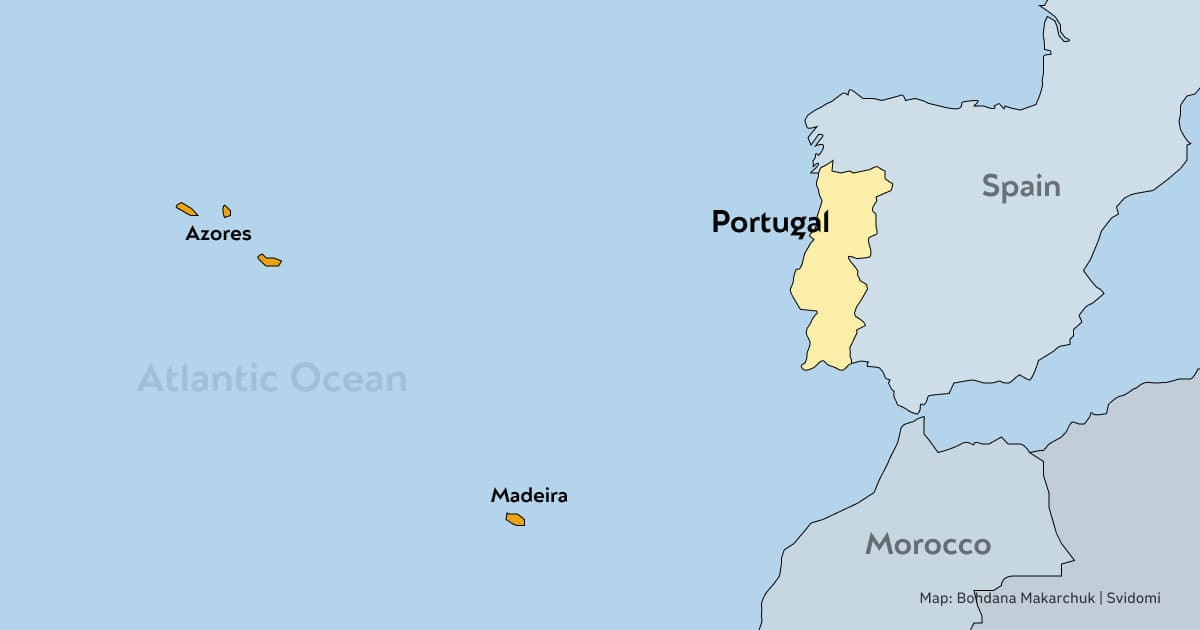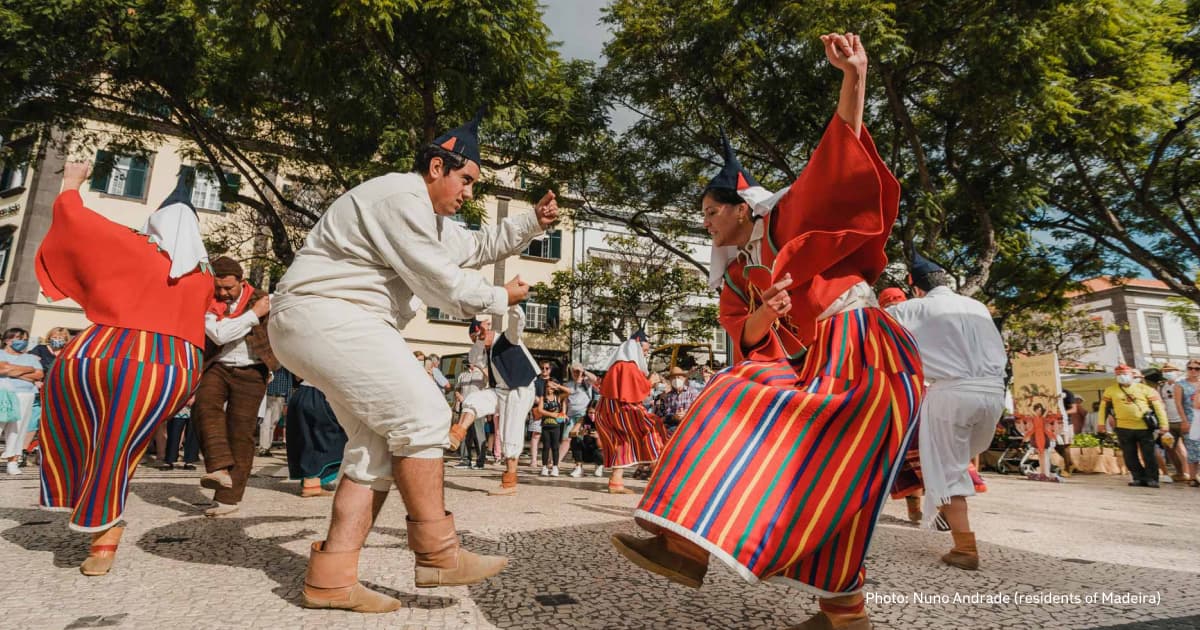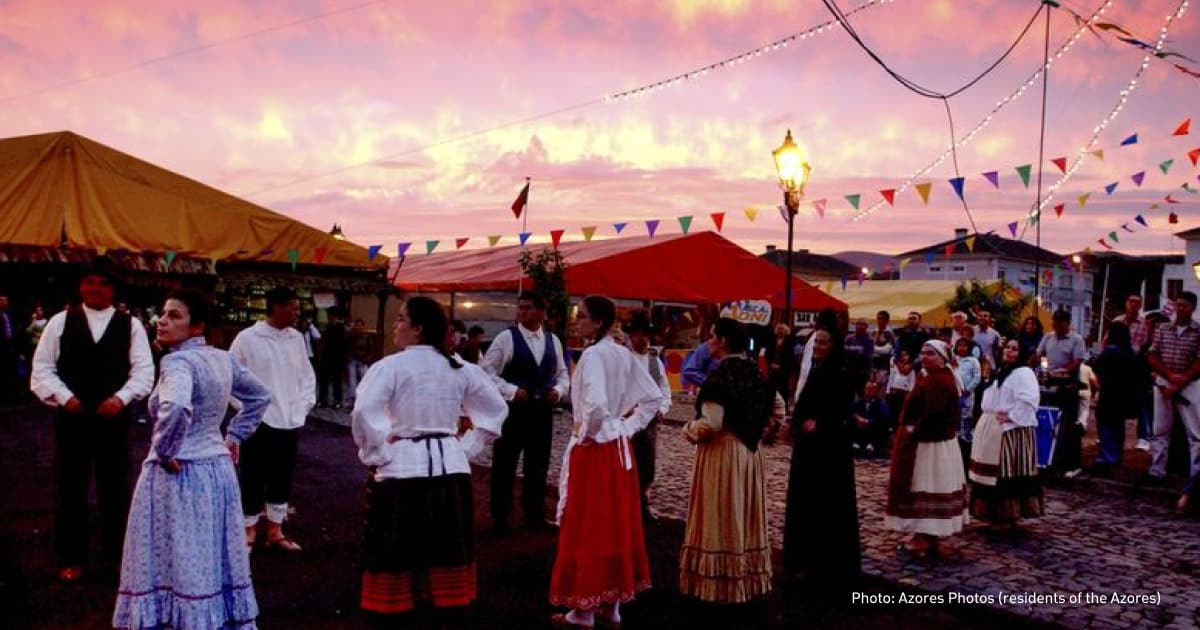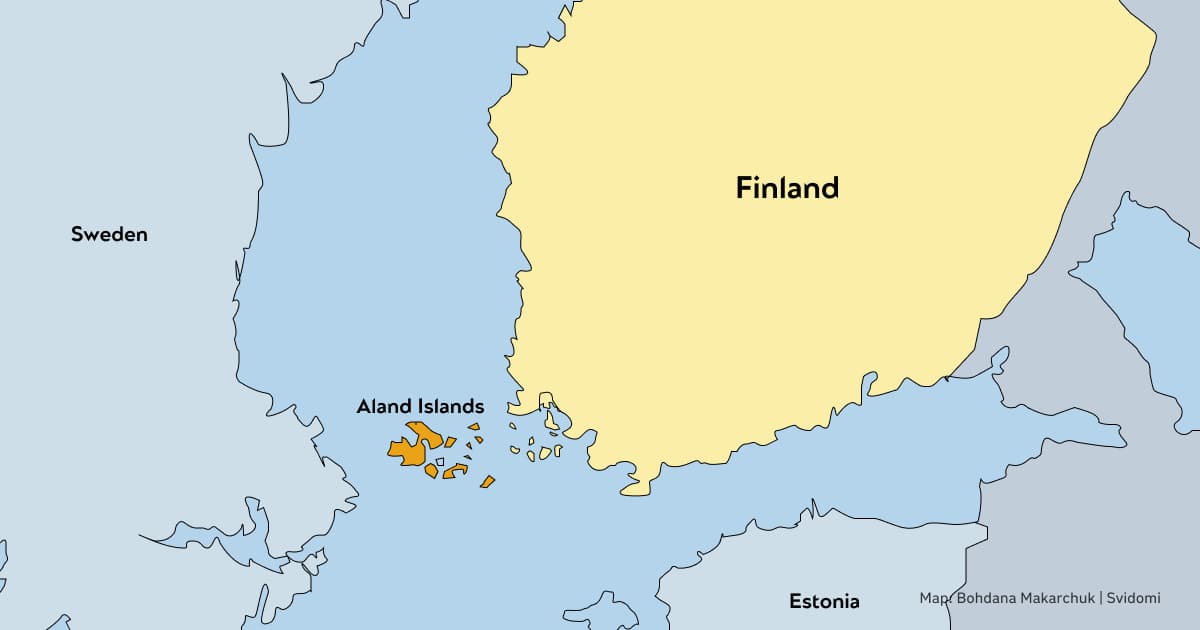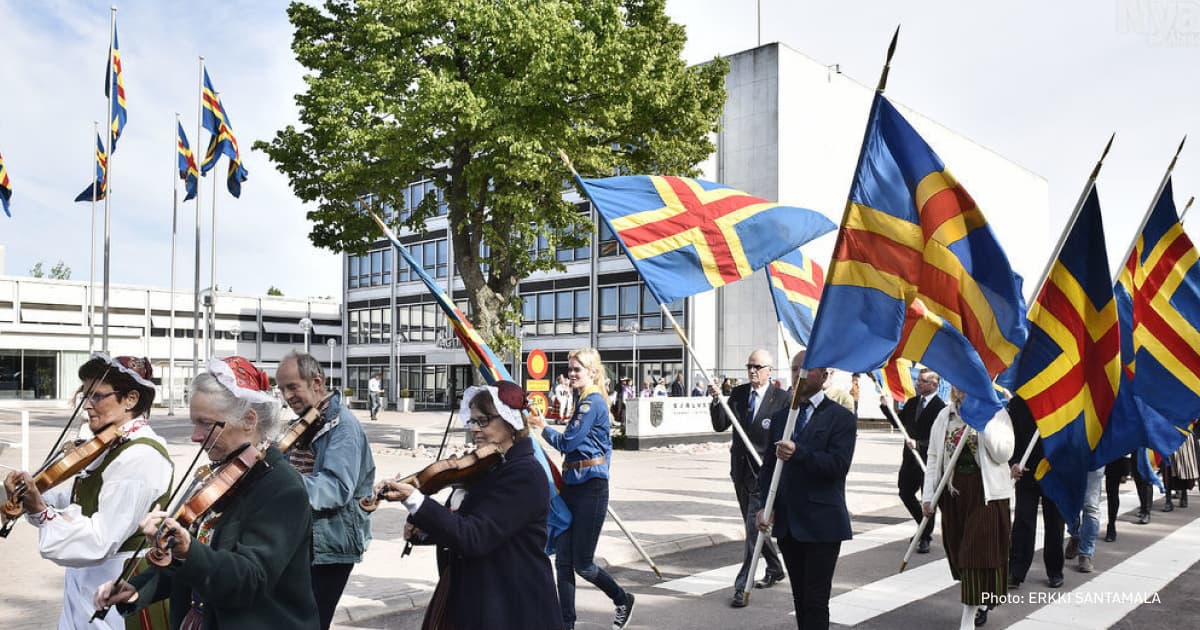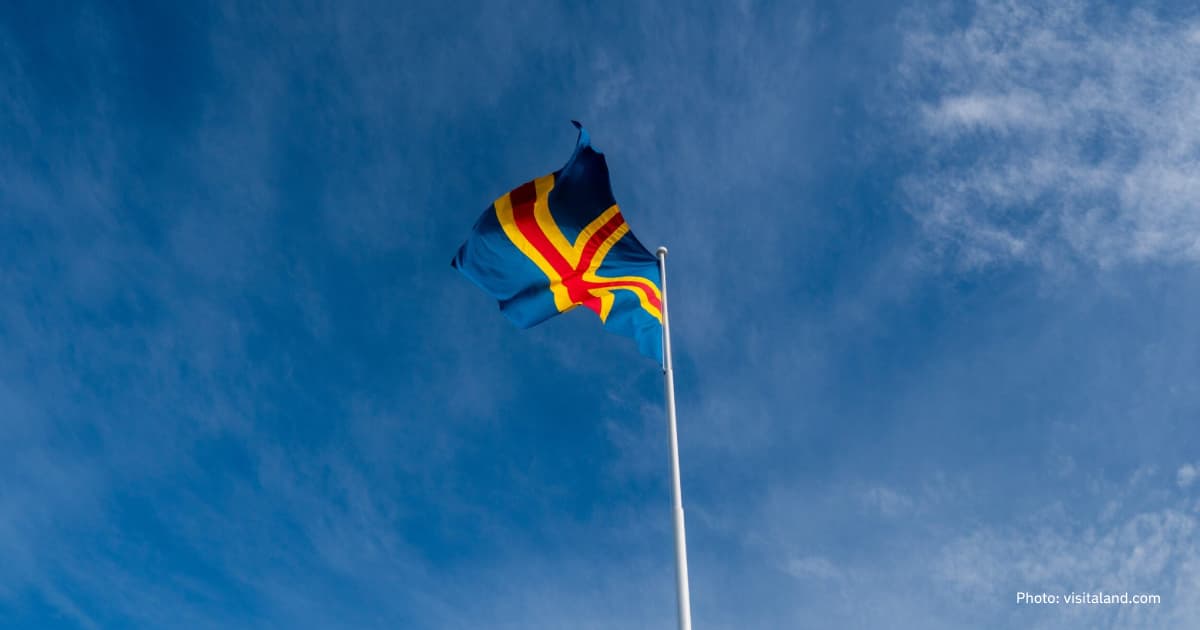The ways and purposes of sovereign states granting territories and ethnic communities the right to autonomy
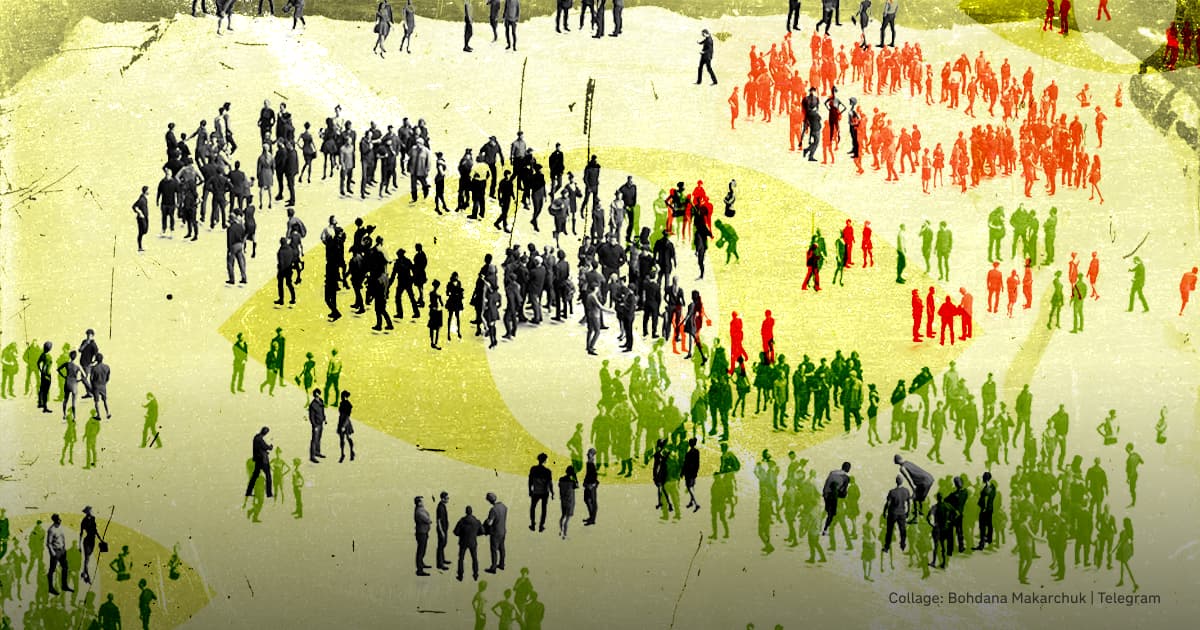
According to the United Nations Charter, all signatory states must respect the right of peoples to self-determination and the principle of equal rights of nations and peoples. The 1976 International Covenant on Civil and Political Rights states, "All peoples have the right of self-determination. By virtue of that right, they freely determine their political status and freely pursue their economic, social and cultural development".
People exercise their right to self-determination in various formats. This includes forming a sovereign independent state, voluntarily joining with other peoples within one state, and establishing autonomy within a sovereign state.
The article explains what "autonomy" is and how nations and peoples use it for self-determination.
What is "autonomy" in legal theory?
There is no single definition of autonomy as a territorial unit in the political and legal field. Each state that decides to grant autonomy to a particular group or territory within its borders defines this concept independently in its legislation based on the list of rights it grants to the subordinate entity.
In general, autonomy is the granting of certain rights to a particular part of the state, distinguished by national, ethnic, cultural or other characteristics, to independently determine the policy in that part.
There are also different kinds of autonomy. Territorial autonomies are created when the central government grants a certain part of the state greater powers of self-government than other parts.
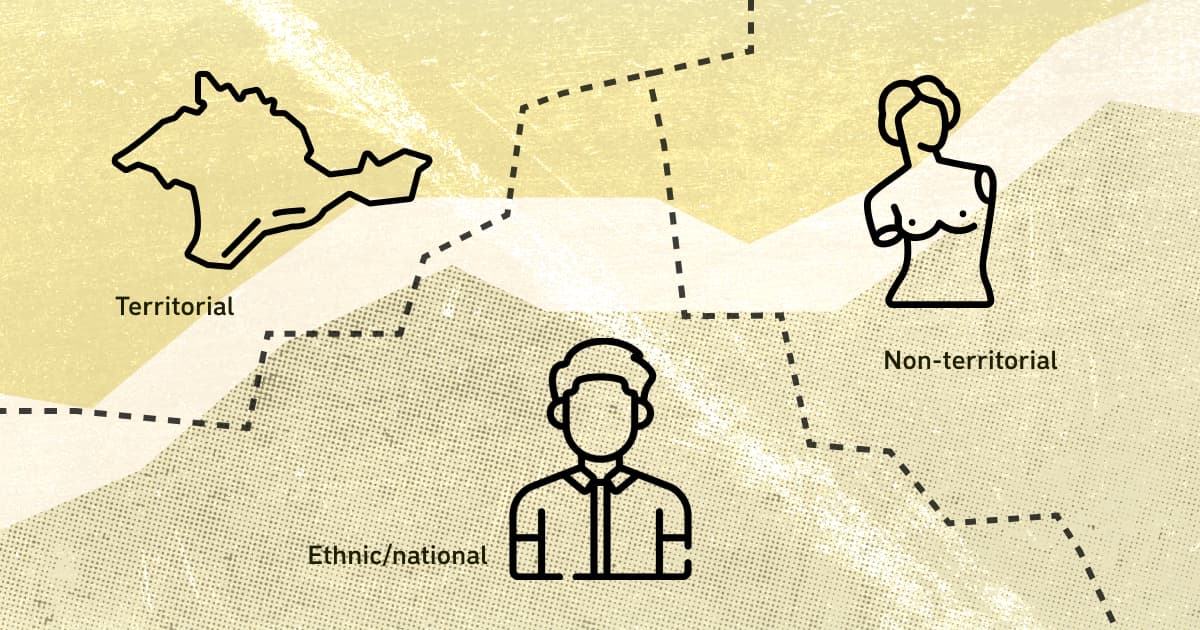
Territorial autonomies are divided into political and administrative autonomies. They differ in the legal regulation of the autonomy provisions and the scope of powers. Political autonomies often have their own constitutions and administrative statutes. The authorities of political autonomies may have the right to legislate, while the authorities of administrative autonomies are the executors of the state's law with territorial autonomy.
Non-territorial autonomy is granted to representatives of certain ethnic groups to enable the independent cultural organisation of life. Such autonomies are most often called national, national-cultural or cultural autonomies.
Non-territorial autonomies are divided into ethnic/national and corporate autonomies. National autonomy is granted by the state to those peoples and ethnic groups that do not live compactly but do not consider themselves to be the predominant ethnic group in the state. An ethnic group granted national autonomy most often receives the right to form associations to preserve its culture and customs, represent its interests before state authorities, and stand for election to self-government bodies and central government.
In 1918, the Ukrainian People's Republic granted national autonomy to Jews, Poles and Russians living in the territory of the UPR. According to this law, citizens of the UPR who considered themselves to be of a different nationality had the right to form national unions, to represent their interests in local and central government bodies, and to have a separate budget for the development of their communities, which they could replenish by taxing the members of the national unions and granting them loans from the UPR budget.
Corporate autonomy is granted to ethnic groups living compactly in a given territory. It is characterised by a wide range of legal powers granted by the state to the autonomy. Representatives of the autonomy have the right to form their self-governing bodies, finance and administer taxes on the territory of the autonomy, and have complete freedom to decide on the development of ethnic culture and language.
Olena Palko, Professor and Associate Professor of Eastern European History at the University of Basel, says that protecting the rights of national communities remains a fundamental principle of modern democracy. Granting autonomy to a community that requests it is one of the variations of this protection.
"On the one hand, territorial autonomy can be a way for the central government to preserve the territorial integrity of a unitary state while recognising the rights of ethnic communities to self-government and protecting their language within certain administrative boundaries" Olena Palko tells Svidomi and add:
At the same time, the formation of autonomies can be the first step towards separatism. Sometimes the elites of national communities see the granting of autonomy as the first step towards independence, secession from the state and the formation of their state entity,
The Associate Professor explains that national and cultural autonomy is personal, and the right to protect national interests remains with the individual, not the territory in which they live. National and cultural autonomy is considered an element of civil society.
Ukraine has autonomy in the administrative structure of the Autonomous Republic of Crimea. The Constitution of Ukraine does not define the nature of the autonomy of the Autonomous Republic of Crimea but only states that the Autonomous Republic "is an integral part of Ukraine and, within the powers defined by the Constitution of Ukraine, resolves issues within its competence". According to Articles 137 and 138 of the Constitution of Ukraine, the Autonomous Republic of Crimea independently determines its policy in such areas as ensuring the rights and freedoms of citizens, functioning and development of state and national languages and cultures in the Autonomous Republic of Crimea, development of programmes for the return of deported peoples, agriculture, fisheries, libraries and museums, urban planning, etc. The Autonomous Republic of Crimea has its constitution, adopted by the Verkhovna Rada of Ukraine in 1998.
Read more about Crimea's autonomy and its provisions and possible changes in Svidomi's interview with Refat Chubarov: "In the same way the state will take care of the preservation and development of the Ukrainian nation, it should also take care of the Qırımtatarlar, indigenous people".
On April 15, 2014, the Verkhovna Rada of Ukraine recognised the Autonomous Republic of Crimea as a territory temporarily occupied by the Russian Federation since February 20, 2014.
Autonomies within sovereign states in practice
Unitary states create autonomies to grant certain territories and ethnic groups the right to self-government and self-determination. States grant the right to autonomy individually, depending on the needs and agreements with the part that requests autonomy.
Portugal is a unitary state with two autonomous regions — the Azores and Madeira. Article 225 of the country's Constitution states that both regions are political and administrative based on "its geographic, economic, social and cultural characteristics and the island populations’ historic aspirations to autonomy".
The Autonomous Region of Madeira gained its status in 1976 after local authorities rebelled against the central government. Fearing the Communist Party would take power in Portugal, the Madeirans rebelled against the government and tried establishing a centre-right regime in the archipelago.
Madeira has its own political and administrative statutes and government. The branches of government are the Regional Government and the Legislative Assembly, elected by universal suffrage. Portugal's representative in the region monitors the application of national law in the autonomous region and has the right to veto regional decrees if they contradict the Portuguese Constitution. Autonomy rights only apply to the archipelago territory, so Madeira is a territorial autonomy.
The Madeira Archipelago was discovered in 1418 by Portuguese navigators led by João Gonçalves Zarco. In 1425, Portugal colonised the Madeira Archipelago, and the subjects of the monarchy began to move to the islands. Prisoners were also brought to the island.
Since its discovery by Europeans, the archipelago has been conquered and occupied twice: by Spain in 1582 and the British Empire in 1801 during the Napoleonic Wars. Portugal regained control of Madeira in 1828. Today, Madeira is still under Portuguese rule.
Miguel Pinto Correia, an economist at the University of Lisbon, believes Madeira's autonomy is primarily aimed at the region's economy. The autonomous government independently decides on the archipelago's infrastructure, taxation, and budget. The autonomy granted to Madeira by Portugal also has a negative effect: the needs of the archipelago are considered on an individual basis, and the Portuguese authorities do not always have the power to influence the policy of the Madeiran government, for example, on the same issues of taxation in the archipelago.
Finland, another unitary country in the European Union, has an autonomous region — the Åland Islands. Under the country's Constitution, the islands have a special status and self-government under the Åland Autonomy Act. According to this law, Åland is an autonomous region of Finland with its parliament and government. The Åland Islands have the right to decide on trade within the autonomous area, taxes, building permits, environmental protection, fishing, health and education, and the right of foreigners to work. For example, according to Article 24, citizens of Finland, Iceland, Norway, Sweden or Denmark may work as officials of the Åland Islands or a municipality in the Åland Islands.
According to Articles 19 and 20 of the Act of Autonomy, the Finnish Ministry of Justice and the Supreme Court review every act of the Åland Parliament for consistency with the Finnish Constitution. The President of Finland has the right to veto acts of the Åland Parliament.
The Åland Islands are also a demilitarised zone. This means there is no military presence or bases in the region. According to Article 12 of the Act of Autonomy, residents of Åland who wish to participate in military service must first obtain permission from the autonomous self-government authorities.
The Åland Islands were annexed to the Grand Duchy of Finland by the Russian Empire after the Grand Duchy of Finland was annexed by Sweden in 1809. Before that, the islands were part of Sweden. After Finland declared independence in 1917, the islanders expressed a desire to return to Swedish rule, but Finland refused, granting the region autonomy in 1920. The Åland Islands declined to accept this.
In 1921, the League of Nations decided that the Åland Islands would remain part of Finland only because "Swedish culture, language, local customs and system of self-government are preserved". The autonomy of the Åland Islands, adopted a year earlier, was consolidated by the League of Nations decision on the governance of the region.
The majority of Åland's inhabitants are Swedish by birth. According to the United Nations, 86% of Ålanders speak Swedish. Article 36 of the Act of Autonomy defines Swedish as the official language of the islands: the language of education, government institutions and official documents.
Pertti Joenniemi, PhD in political science from the University of Eastern Finland, believes that "the autonomy regime of the Åland Islands has become a reliable and flexible one" for Finland and that "it has survived the difficult 20th century". According to him, the cultural rights granted to the islanders made it possible to extend them to the entire Swedish community in the country, and this helped to reduce conflicts within the country.
Why ethnic groups need autonomy
The main goal of any state in establishing autonomy is to give communities the right to formulate their own cultural and ethnic policies while keeping that community and the territory in which it lives as part of the country.
In achieving this goal, national and cultural autonomy has several advantages over territorial autonomy, says Kostiantyn Vitman, Doctor of Political Science, Professor at Mechnikov Odesa State University. National and cultural autonomy of the personal type "gives communities and ethnic groups the right to solve issues of culture and language development independently". Moreover, national cultural autonomy "does not discriminate against ethnic communities based on settlement" and, unlike territorial autonomy, does not require minorities to be permanently settled in a particular region.
Olena Boryslavska, a professor of constitutional law at the Ivan Franko National University of Lviv, believes that autonomy can prevent internal conflicts in the country
when ethnic communities want to be entitled to participate in decisions that are important for the functioning of the state. Autonomy eliminates the conflict between the state and the ethnic community and integrates the community without destroying its identity.
Olena Palko tells Svidomi that national and cultural autonomy is the best option for protecting the rights of ethnic communities.
"The success of such autonomy depends on the degree of development of democratic procedures, as well as the expectations of certain communities regarding their status within unitary states (ensuring cultural rights is often seen as only the first step in protecting national rights, which can gradually lead to their politicisation; it is often impossible to separate cultural interests from the entire array of socio-economic, political and humanitarian needs of certain communities," concludes Olena Palko.
National and cultural autonomy reflects the diversity of cultures, languages and identities within the state, allowing them to develop freely without losing contact with the centre of power. It promotes peaceful coexistence, prevents conflict and instability, and contributes to effective governance and regional development following the principles of democracy and equality. This autonomy contributes to developing a pluralistic society and ensures the country's stability.


